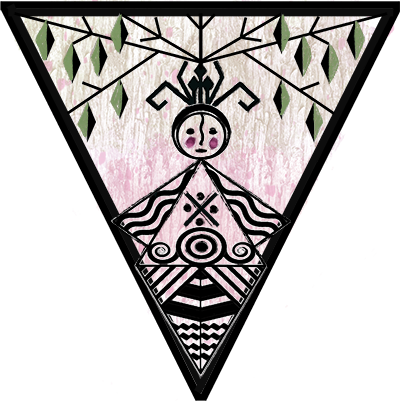When he died, the Russians felt that they lost not only a writer of genius, but a spiritual leader. He was Russia’s prophet.
In all his stories, Dostoyevsky comes back to his relationship with God. He writes about Jesus Christ, as divine, as human, as a child, old man, everyone.
He was also a great nationalist, I found out reading this book. He believed in the greatness and uniqueness of the Russian people. From where I stand right now, on top of all the war experiences of the past and present, I see that as a grave fault. The nationalist sentiment is not something I value, but, on the contrary, I see it as a potential source of terrible harm. Sure, if we see it as uniqueness but not superiority of any nation, it is still something I appreciate. But Dostoyevky did think that Russians were superior and most other nations from the Western Europe that he visited for long stretches of time, were in his eyes corrupt, lost.
Dostoyesvky was maybe my first literary love. I read most of his books one after the other, completely absorbed and fascinated by his vision of faulty people who fall lower than acceptable, lower than it seems bearable and ultimately raise in faith. Through him I first accessed a free interpretation of christian faith, an intelligent one, one that raises questions, one that is not afraid to bring down to Earth all saints and heaven, and subject them to human misery.
Kjetsaa says that Dostoyevky was one of the most ambitious writers. He was one who asked the most difficult questions. One who wanted to re-write over and over again the most sacred story of Christianity.
Before reading this biography, all I knew about his life was that he had epilepsy and he had been to prison. I found out now that he indeed spent four years in Siberia, but not for on alleged rape. He was a political prisoner. It also appears that he always considered the time served in prison as a blessing, an enormous lesson which he couldn’t regret.
I idolized Dostoyevsky who will probably always remain for me “the greatest”. But after reading about his life, I see more of his human face. He cared maybe a little too much about social status, about nice clothes and food. He was an inveterate gambler, loosing more money than he ever had. He was terribly jealous with his much younger wife. He was very ambitious and chased fame.
And yet, he remains Dostoyevky. This is the advice he gives to an aspiring writer: “Never try to make anything up–neither plot nor narrative. Use what life itself gives you. Life is so infinitely richer than any of our inventions! Imagination can never give you what life can, however ordinary and everyday it may appear. You must show respect for life!”



